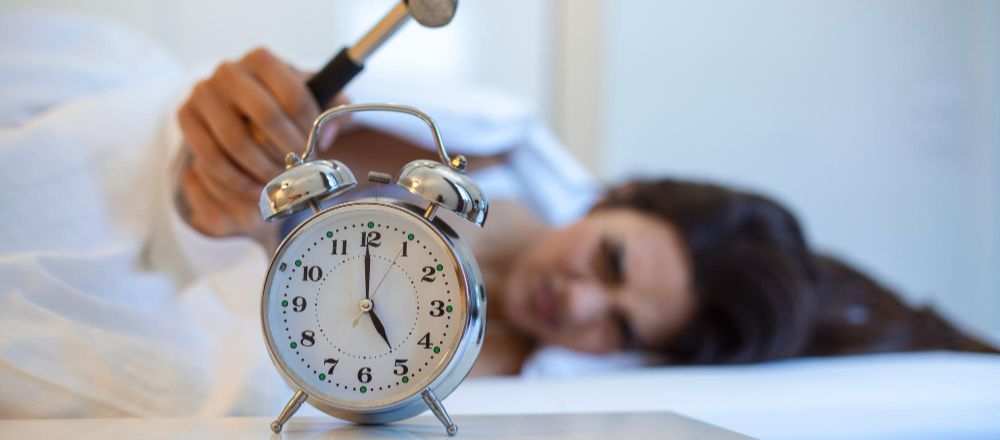What is Sleep Hygiene and How it Can Help in Insomnia Treatment?
- Posted On: January 7, 2024
- Posted By: admin

Nowadays nearly 1 out of 5 people have trouble with insomnia. It is often difficult to find out the reason behind poor quality of sleep. Changing your sleeping habits and using relaxation techniques can help you sleep faster and get more peaceful and quality sleep.
Several men want to have more sleep without having sleeping pills. It can be worth giving relaxation techniques a try and checking out your sleep hygiene. It is also necessary to not worry too much about how much sleep you get. Lying in bed and continuously worrying about not getting sleep can also prevent you from sleeping.
Paying attention to sleep hygiene can prevent you from sleep deprivation issues and help you set up for better sleep.
Why is sleep hygiene important?
A good quality sleep is very important for both physical and mental health, helping you improve your daily productivity as well as overall quality of life. Everyone from children to older adults, can benefit from good quality sleep and sleep hygiene plays a crucial role in insomnia treatment.
Sleep hygiene includes both environment and habits, and it can pave the way for higher-quality sleep and better overall health.
What practices are involved in sleep hygiene?
Good sleep hygiene mainly means putting yourself in the best position to sleep well each night. These practices may involve right from optimizing’s your sleep schedule to creating a pleasant bedroom environment to relax and doze off at the same time daily.
Stick to a sleep schedule
The recommended amount of sleep for a healthy adult is 7-8 hours daily. Most people do not need more than eight hours of sleep to be well rested.
Going to bed at a set time every day even on weekends helps you to reinforce your body’s sleep-wake cycle. If you don’t fall asleep within 20 minutes of going to bed, read a book or try to listen to some soothing music. Go back to your bed again when you feel tired and sleepy.
Pay attention to what you eat and drink in a day
Avoid large or heavy meals at sleeping time. Eat at least 1-2 hours before sleeping. Going to bed hungry or stuffed can also cause you problems in falling asleep.
Apart from this, nicotine and caffeine intake cause your hours to wear off and can interfere with your sleep. Even drinking alcohol can also cause you to be sleepy at first, but later it can disrupt your sleep at night.
Create a restful environment in the bedroom
A dark, cool, and quiet room can help you to fall asleep faster and better. Avoid long use of light-emitting screens before bedtime. Wisely choose everything in your bedroom including curtains, wall colour, electronics and other devices to create a soothing environment.
Taking a bath or using relaxation techniques such as meditation before might help in insomnia treatment.
Limit daytime naps
Long naps during the day can also create problem with nighttime sleep. Limit your daytime naps to one hour and avoid napping late in the day.
Involve in physical activity daily
Regular physical activity such as exercise, running, or walking can help in better sleep. However, avoid being active in the late evening or at bedtime. Spending time outside might be helpful too.
Know when to contact your healthcare provider
Nearly everyone has an occasional sleepless night. However, if you often have trouble sleeping, contact your healthcare provider. Identifying and treating any underlying causes can help you treat your sleep disorder.